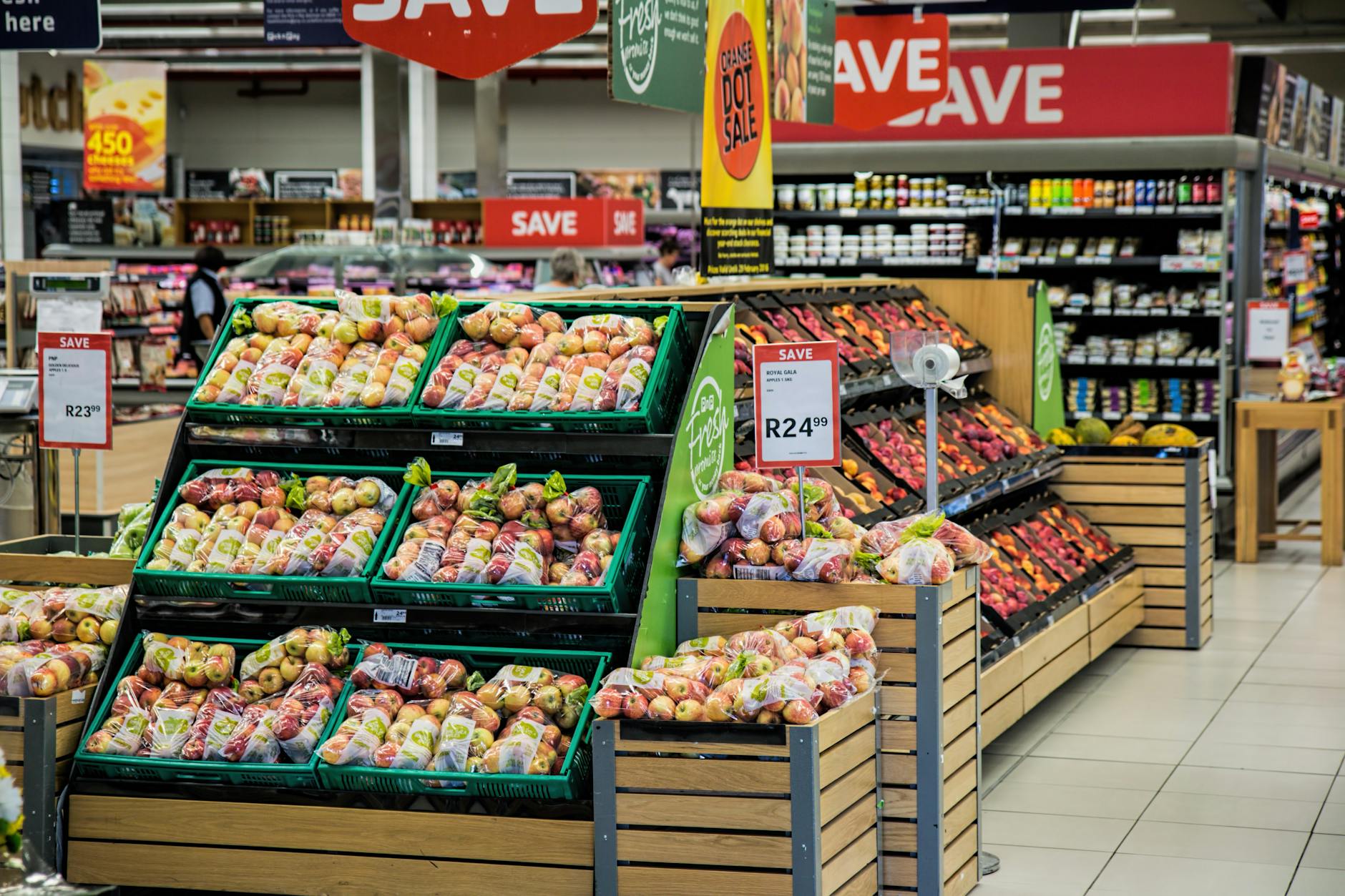
Grocery store promotions are supposed to help shoppers save money and make smart choices. But sometimes, the deals aren’t what they seem. Deceptive grocery store promotions can trick customers into spending more or buying items they don’t need. This matters because trust is essential between stores and shoppers. When trust is broken, it can lead to wasted money, frustration, and even legal trouble for stores. Today, we’re looking at 10 grocery store promotions that were shut down for deceptive tactics, so you know what to watch out for on your next shopping trip.
1. The “Buy One, Get One Free” That Wasn’t
One of the most common deceptive grocery store promotions involved BOGO deals that weren’t actually deals at all. Some stores raised the price of the first item right before running the promotion, so the “free” item was actually paid for in the inflated price. Regulators flagged these practices, and several stores were forced to end the misleading deals. Shoppers learned to check prices before and after promotions to avoid falling for this trick.
2. The Shrinking Package Trick
Some grocery stores promoted “family size” or “value pack” items at a discount, but the packages contained less product than before. This deceptive grocery store promotion made it look like customers were getting more for less, when in reality, they were paying the same or more per ounce. Consumer watchdogs called out these practices, and stores had to pull or relabel products to avoid misleading shoppers.
3. The Fake Countdown Timer
Several online grocery stores used digital countdown timers to push urgency for flash sales. In reality, the timers would reset for each new visitor, or once the timer hit zero, the same deal stayed active. This deceptive grocery store promotion was shut down after complaints, as it pressured shoppers with false urgency. Regulators required the stores to remove fake timers and be clear about sale end times.
4. The Double Coupon Confusion
Some stores advertised double coupon days, but the fine print excluded almost every coupon in circulation. Shoppers arrived expecting big savings, only to find their coupons didn’t qualify. This deceptive grocery store promotion led to customer complaints and regulatory intervention. Stores had to clarify which coupons could be doubled or end the promotion entirely.
5. The “10 for $10” Illusion
Many stores ran “10 for $10” sales, implying customers had to buy ten items to get the deal. In truth, most items were $1 each with no minimum purchase. However, some stores failed to clarify this, pushing shoppers to buy more than they needed. After consumer backlash, stores were required to clearly state that single items were eligible for the promotional price, shutting down this misleading tactic.
6. The Rain Check Runaround
Rain checks are supposed to let shoppers get a sale price later if an item is out of stock. Some stores promoted “limited-time offers” but then restricted or refused rain checks, even when shelves were empty. This violated advertising laws, and regulators stepped in. Stores had to honor rain checks or stop running these deceptive grocery store promotions.
7. The Bogus Loyalty Program Points
Grocery stores often use loyalty programs to reward repeat customers. In several cases, stores advertised bonus points for buying certain products, but the points never showed up in customer accounts. This deceptive grocery store promotion led to lawsuits and forced stores to audit their loyalty systems. Shoppers are now more cautious, double-checking their points after every purchase.
8. The Misleading “Local” Label
Promoting food as “local” appeals to shoppers who want to support nearby farmers. Some stores labeled products as local even if they came from hundreds of miles away. This deceptive grocery store promotion was shut down after consumer groups and regulators demanded stricter labeling practices. Now, many states have guidelines on what counts as “local.”
9. The “Free Gift Card” That Required Extra Purchases
Stores advertised free gift cards with purchase, but the requirements were buried in the fine print. Shoppers had to buy unrelated, high-priced items to qualify. This deceptive grocery store promotion was stopped after complaints to consumer protection agencies. Stores were required to clearly outline all requirements or end the promotion.
10. The Hidden Subscription Trap
Some online grocery retailers offered “first order free” promotions, but signing up automatically enrolled customers in costly monthly subscriptions. Many shoppers didn’t notice until they were charged. After investigations, stores had to make subscription terms obvious and easy to cancel, ending this deceptive grocery store promotion for good.
How to Spot Deceptive Grocery Store Promotions
Deceptive grocery store promotions hurt both shoppers and stores. These tactics break trust and can even violate the law. As a shopper, it’s important to read the fine print, check regular prices, and ask questions about any deal that seems too good to be true. Staying informed can help you avoid falling for misleading offers and protect your grocery budget.
Knowing how deceptive grocery store promotions work puts you in control at checkout.
Have you ever fallen for a grocery promotion that turned out to be misleading? Share your experience in the comments below!
What to Read Next…
- 10 Retail Promotions That Can Be Deceptive for Bargain Hunters and How to Spot Them
- Behind the Curtain Why Many Retail Promotions Feel Designed to Fail
- 9 Ways Grocery Stores Trick You Into Spending More
- 10 Ways Limited Time Promotions Can Be Misleading and How to Spot a Real Deal
- 6 Ways Bogo Deals Can Deceive You and How to Calculate True Value
The post 10 Grocery Store Promotions That Were Shut Down for Deceptive Tactics appeared first on Grocery Coupon Guide.







